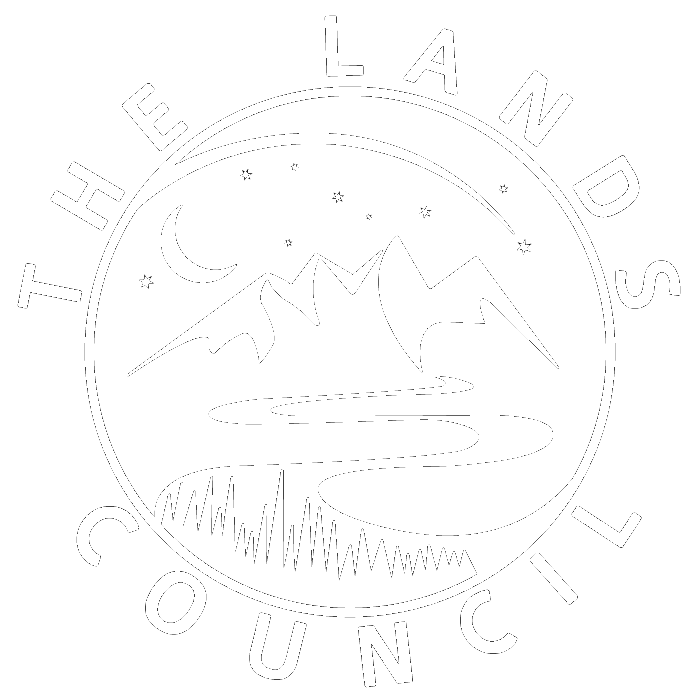I'm always surprised when I hear the stats about how little time kids spend outside. One study found children are spending less than half the amount of time outdoors than they did just 20 years ago. Meanwhile, the Kaiser Family Foundation found that kids spend an average of seven hours a day using electronic media.
My own childhood was filled with outdoor time. At home I helped my grandma in the garden, stacked wood, mowed the lawn and raked leaves. On my own, I built forts in the woods, rode my bike with friends, went sledding or ice skating in the winter, climbed trees and rocks, and read books on a platform in a tree on hot days.
But my nature time wasn't limited to after-school and weekend activities. I attended a public school in New York's Hudson Valley, and we spent almost all our gym and recess periods outside. Unless the weather was really, really bad, we were outdoors. We spent science classes on the acres that surrounded our school, collecting samples from trees and learning about everything from hydrology to chemistry to physics — and all al fresco. We also had a school forest — on land donated to the school — and we would spend half-days engaging in longer research projects and having picnic lunches there.
All that outside time isn't just about health and getting kids to exercise more, though that's certainly true. Several studies also have linked outside time to higher test scores, lower anxiety and aggression, more creativity and improved attention spans. Spending significant time outdoors before the age of 11 is linked to a higher pro-nature worldview.
As an added bonus, one study from Swansea University found that in addition to the benefits for children, the outside time was also beneficial to teachers. Researchers look at three primary schools in south Wales that adopted an outdoor learning program, with teachers working outside with students at least one hour a week, according to a news release.
"This is a really important finding given the current concerns around teacher retention rates," said Emily Marchant, lead author of the study, and a Ph.D. researcher at Swansea.
When class is in the woods
A public school in Quechee, Vermont, is taking these results seriously — and fighting the tide of indoor-centric childhoods. Eliza Minnucci's kindergarten class there engages in Forest Mondays, during which the students spend the whole day in the woods, rain or shine. It's modeled after the Forest Kindergarten in Switzerland (see video above) which is all outside, all the time. And it's a more curriculum-based version of the Land, an outdoor playground in England that's being replicated in other countries. That last one allows kids to experiment, build dams, and even build fires in the woods. But the idea that's shared across those initiatives is to let kids learn lessons from the natural world.
So what have the results been? Mostly positive.
"Kids are so resourceful out here," Minnucci told NPR. "In the classroom, we chunk everything into small pieces. We teach them discrete skills and facts and they put it together later. That's a good way to learn, but it's not the way the world works," she says. "I like giving them the opportunity to be in a really complex place where they need to think about how to build a dam with a peer and at the same time, think about staying dry and staying warm."
Kids get creative in that environment
Playing outdoors involves plenty of learning — just not from a book. It's fairly easy to weave lessons into nature play. I taught ecology to kids age 4 through middle school, and while I had concepts to teach, it was mostly kids' natural curiosity that drove much of what we did.
They wanted to know the names of birds, plants, rocks and clouds (biology and geology). We followed streams into larger streams into a pond (hydrology and investigation) and created seesaws with logs and stones (physics and teamwork). We even made up stories about ants and butterflies (language, organizing information and creativity). For the older kids, we had more defined lesson plans, but we were still outside the whole time, and we would often go off on a tangent if something interesting was happening — like an ant pileup or a stream flooded by a beaver dam — so the learning experience was always fresh and engaging. On top of learning and moving around freely instead of sitting at desks, the kids were having fun while they learned, which made them excited for the next lesson. Shouldn't that be the goal of all education?
Perhaps Vermont's kindergarten program and its inspirations are the start of the pendulum swinging back from the test-centric mentality of the current educational era. While some guardians practice "free-range parenting" and others are taking their kids out hiking on the weekends or limiting use of electronic devices, teachers are bringing some of that same thinking to their classrooms.
Considering all the good evidence that being outside is great for mind and body — as well as test scores — it seems like this kind of education is a natural next step for teachers.


